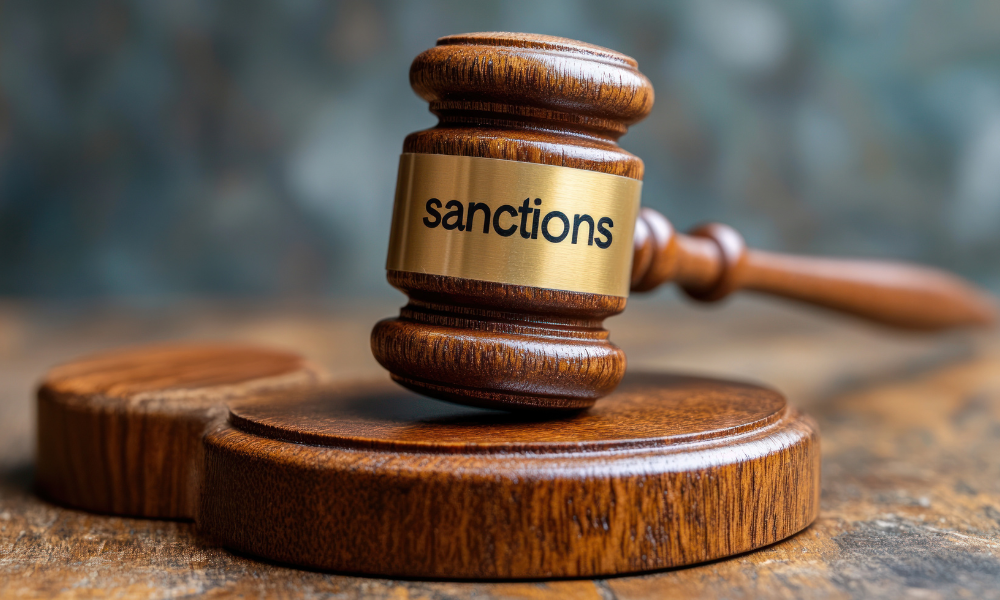
The US president signed an executive order authorizing these sanctions last week

The International Bar Association has opposed sanctions levied against the International Criminal Court by US President Donald Trump last week.
The president signed an executive order authorizing sanctions against the court and its officials last Thursday. The sanctions cover “property blocking and visa bans for the persons designated by the Executive Order and their immediate family members,” the IBA said in a statement.
The sanctions could disrupt ICC operations, which include investigations into the conflicts in Afghanistan, Darfur/Sudan, the Democratic Republic of Congo and Ukraine. IBA executive director Dr Mark Ellis said that such attacks “undo decades of progress for victims and weaken the rule of law globally.”
Trump implemented sanctions in 2020, during his first term as US president. The succeeding Biden administration revoked the sanctions a year later on the grounds that the sanctions were “not an effective or appropriate strategy for addressing the United States' concerns with the ICC.”
“By imposing sanctions, victims of international crimes will suffer greatly, and their effects would be felt far beyond the Court, including by witnesses protected by the Court and human rights defenders and civil society organisations cooperating with the Court’s work. At this critical time for international justice and the rule of law, the US administration should respect the independence of international judicial institutions,” Ellis said in a statement.
A hundred and twenty-five states excluding the US have signed on the Rome Statute, which is the ICC’s founding treaty that establishes its jurisdiction over crimes against humanity, war crimes, and the crime of aggression. The statute obliges all states parties to cooperate completely with the ICC’s investigations and prosecutions of Rome State crimes.
“The ICC is the cornerstone of the international justice architecture, created to realise the promise of ‘never again’ and to bring justice to victims of ‘atrocities that deeply shock the conscience of humanity’,” Ellis said in a statement. “For this work, the Court, its officials, and those cooperating with it, have at times faced political threats, intimidation and attacks from those seeking to undermine the Court’s authority and obstruct its investigations.”